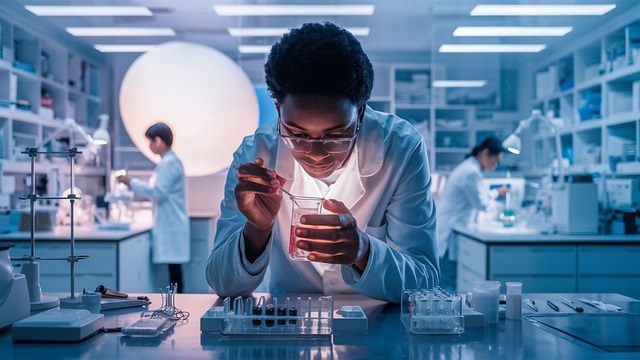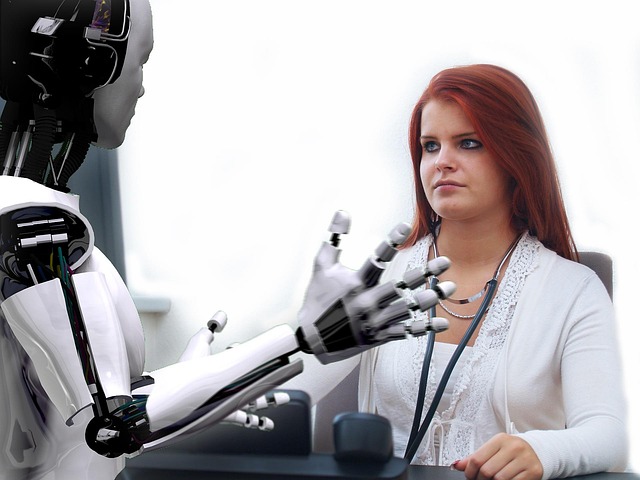Revolutionizing Healthcare with Robot Laboratory Technicians
In recent years, the healthcare industry has witnessed a remarkable transformation, thanks largely to technological innovations. Among these advancements, the emergence of robot laboratory technicians is reshaping how laboratories operate, paving the way for increased efficiency, accuracy, and ultimately, better patient care.
Technological Innovations in Healthcare
As technology continues to advance at a rapid pace, laboratories are leveraging automated systems to enhance their operations. Robot laboratory technicians can perform repetitive tasks such as sample analysis, data collection, and even complex procedures with precision that often surpasses human capabilities. This newfound efficiency allows human technicians to focus on more nuanced responsibilities that require critical thinking and emotional intelligence, such as interpreting results and interacting with patients.
The impact of these technological innovations extends beyond just speeding up processes. With robots capable of analyzing large volumes of data quickly, laboratories can respond more swiftly to outbreaks, track pathogens, and contribute to groundbreaking research initiatives. This agility is crucial in a world where health threats can emerge overnight, necessitating rapid response and management.
Health Innovations and Improved Patient Outcomes
The integration of robot laboratory technicians in healthcare settings isn’t just about efficiency; it’s about enhancing health outcomes. Robots can reduce the margin for error significantly, ensuring that test results are reliable and timely. These high standards are particularly vital in critical care environments where patients’ lives depend on accurate diagnostic results.
Moreover, by minimizing human error, robot technicians can help alleviate the stress on healthcare providers who are already stretched thin. This technology allows laboratories to maintain high-quality standards while also addressing the increasing demand for services. As a result, healthcare facilities can provide quicker diagnoses and treatments, leading to improved patient satisfaction and outcomes.
The Future is Bright
Looking ahead, the role of robot laboratory technicians in healthcare is poised to expand even further. This evolution will likely be accompanied by continued advancements in artificial intelligence and machine learning, enabling robots to learn from vast datasets and refine their processes. Such advancements could lead to the personalization of healthcare, where treatments are tailored specifically to individual patient needs, based on precise analyses performed by robots.
As we embrace these remarkable innovations, it’s clear that the future of healthcare is not just about human effort but also about collaborative synergy with technology. The potential of robot laboratory technicians signifies a new era in medical science—one where the possibilities seem limitless, and patient care is consistently optimized.
In this exciting landscape of robotics and health, the focus remains on what truly matters: improving lives and advancing the art and science of healthcare for everyone.




